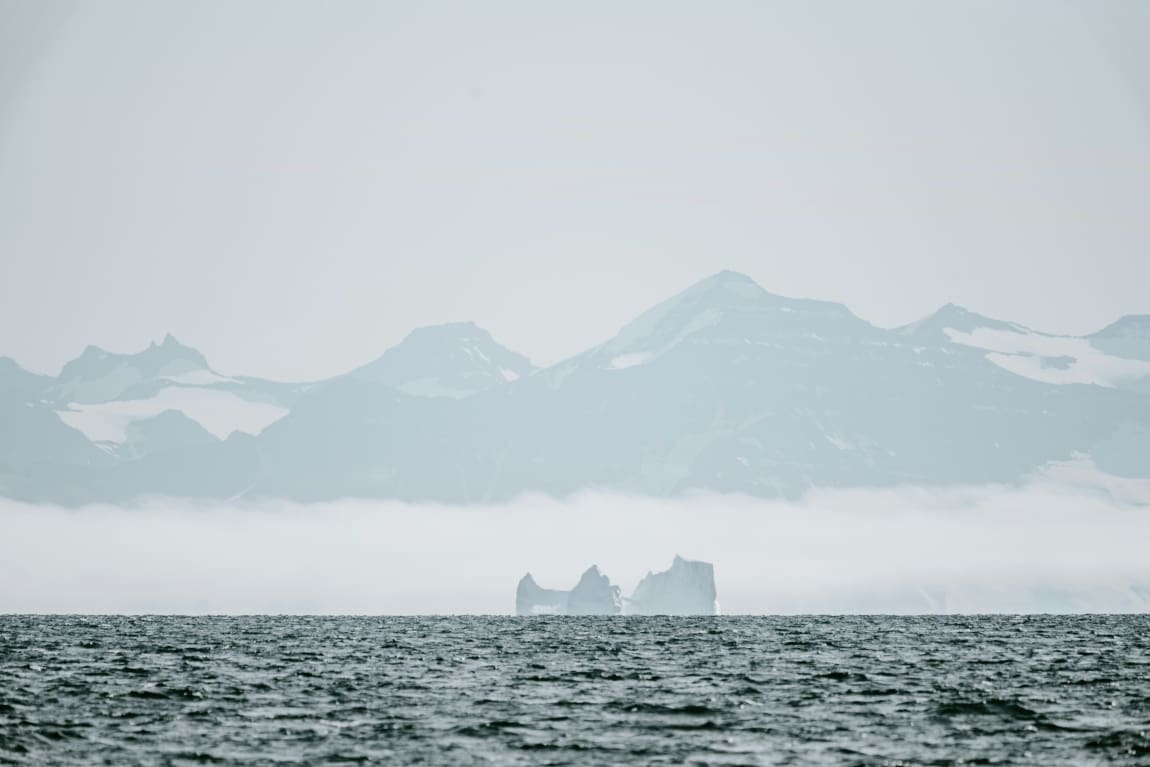Washington, United States (AFP) – The US Defense Department warned Monday of increasing Russian-Chinese collaboration in the Arctic, as climate change opens the region to greater competition over maritime routes and resources.
“We’ve seen growing cooperation between the PRC and Russia in the Arctic commercially, with the PRC being a major funder of Russian energy exploitation in the Arctic,” Deputy Secretary of Defense Kathleen Hicks told journalists, using an abbreviation for the People’s Republic of China.
There is also growing military cooperation, “with Russia and China conducting joint exercises off the coast of Alaska,” Hicks said as the department released its 2024 Arctic strategy.
“All of these challenges have been amplified because the effects of climate change are rapidly warming temperatures and thinning ice coverage, and it’s enabling all of this activity,” she said.
The Arctic strategy describes it as “a strategically important region” for the United States that includes “the northern approaches to the homeland” and “significant US defense infrastructure.”
Russia has in recent years beefed up its military presence in the Arctic by reopening and modernizing several bases and airfields abandoned since the end of the Soviet era, while China has poured money into polar exploration and research.
The rapid melting of polar ice has sent activity in the inhospitable region into overdrive as nations eye newly viable oil, gas and mineral deposits as well as shipping routes in an area with a complex web of competing territorial claims.
“The Arctic may experience its first practically ice-free summer by 2030, and the loss of sea ice will increase the viability of Arctic maritime transit routes and access to undersea resources,” the Arctic strategy says.
“Increases in human activity will elevate the risk of accidents, miscalculation, and environmental degradation,” and US forces “must be ready and equipped to mitigate the risks associated with potential contingencies in the Arctic.”
China later defended its Arctic policy and said it acts on the “principles of respect, cooperation, mutual wins and sustainability”, adding it was “committed to maintaining peace and stability” in the region.
“The United States distorts China’s Arctic policy and makes thoughtless remarks on China’s normal Arctic activities (which are) in accordance with international law,” foreign ministry spokeswoman Mao Ning said.
burs-je/rsc
© Agence France-Presse
Featured image credit: Annie Spratt | Unsplash




